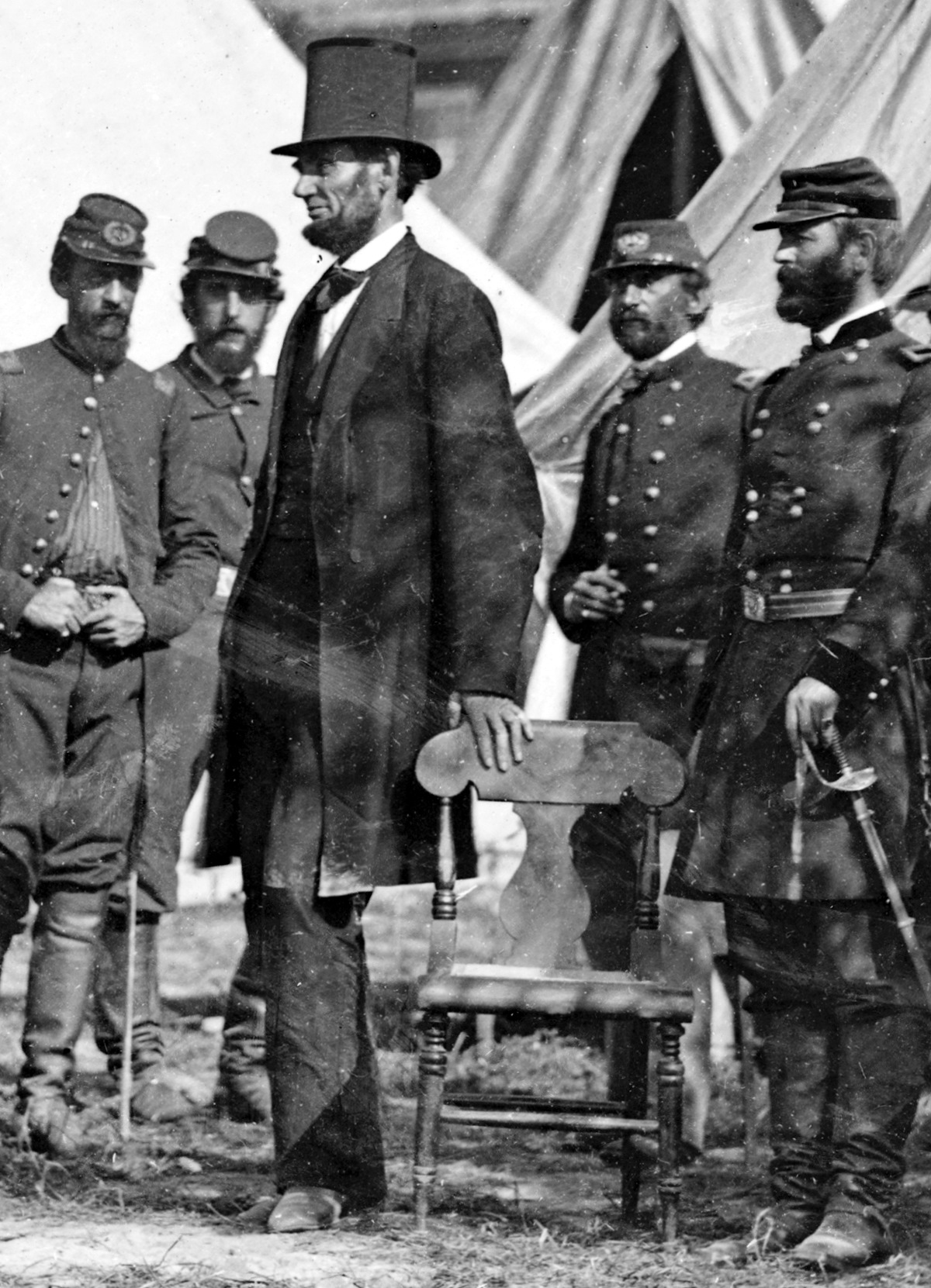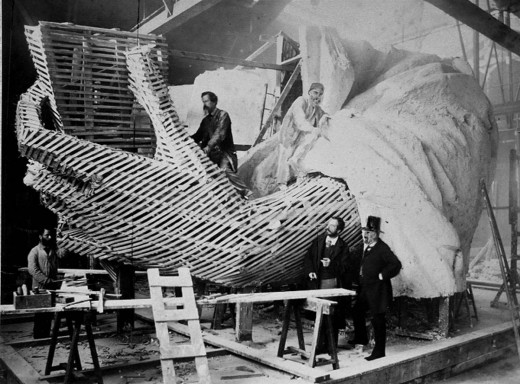From an Economist review of Don Doyle’s new book, The Cause of All Nations: An International History of the American Civil War, which analyzes the global ramifications of the War Between the States:
The Union’s victory had wider repercussions. Spain, fearing American naval power, began withdrawing from its colonies in Latin America and the Caribbean. Ulysses Grant, a civil-war general, turned his military attention south, to Mexico, where Napoleon III had installed an Austrian, Maximilian, as emperor. When the threat of an alliance between France and the Confederacy was dashed, Napoleon withdrew his support and in 1867 Maximilian was executed by Mexican troops. Across the ocean, Britain’s republicans marched to victory that same year, forcing the passage of the Reform Act, while Napoleon III lasted just four more years, until the Paris Commune seized France’s capital. Democracy had not just survived, but flourished.
After Lincoln’s death Avenir National, a French newspaper, wrote that he “represented the cause of democracy in the largest and the most universal understanding of the word. That cause is our cause, as much as it is that of the United States.” To commemorate the Union’s victory a French artist crafted a statue out of copper sheeting, a figure representing freedom, tall and proud, holding a torch aloft. The Statue of Liberty stands today in New York harbour, the copper now green with age, her gaze fixed across the Atlantic on Europe.•


